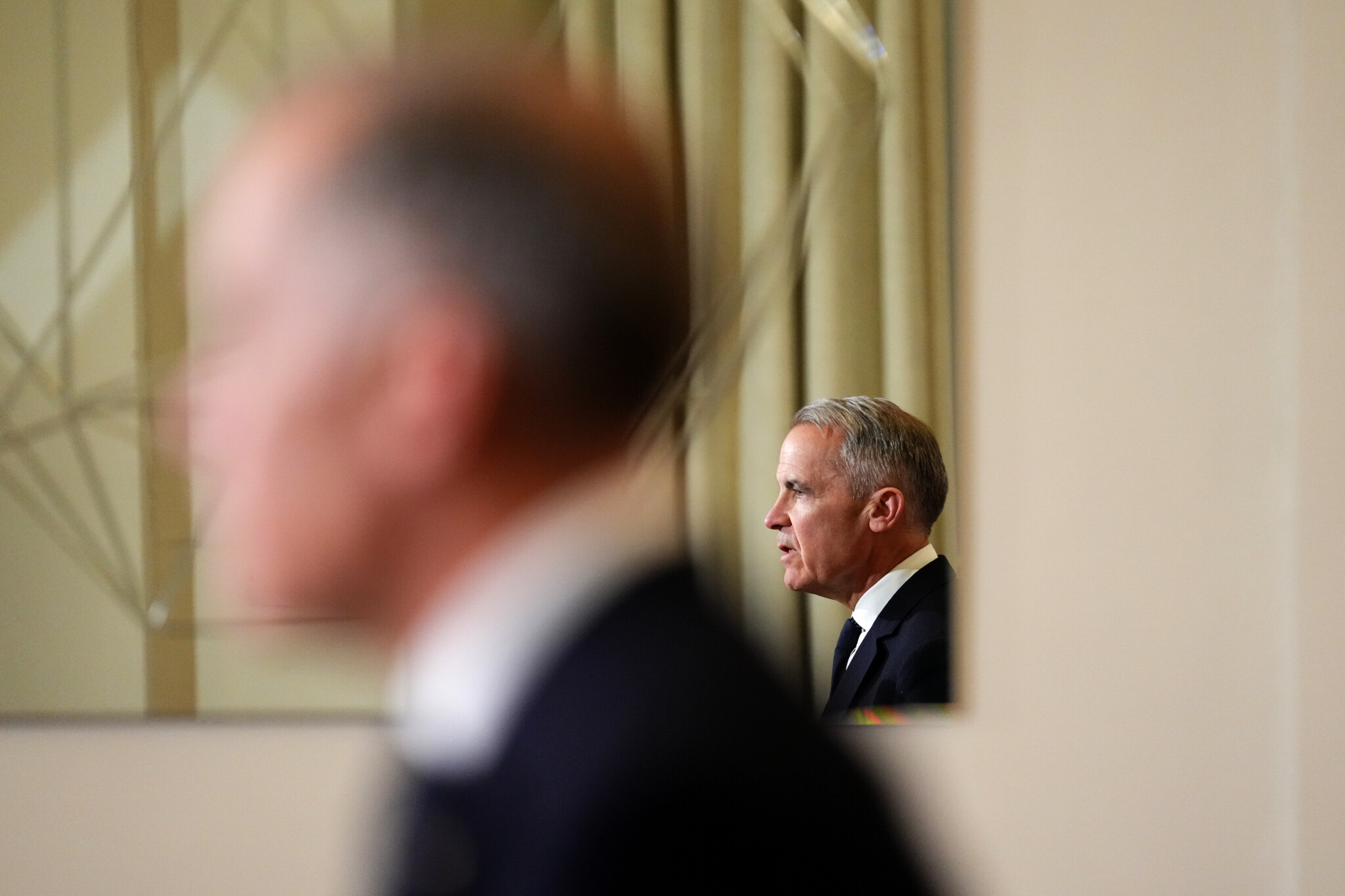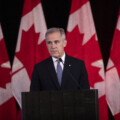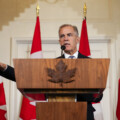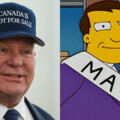The Right Honourable Mark Carney is now Canada’s prime minister; and since he has neither held elected office nor spent much of the past years in Canada, we must turn elsewhere to divine his views about the country of which he is now the leader, as well as his outlook on the world more broadly.
Luckily, in 2021, Mr. Carney, having then just stepped down as governor of the Bank of England after a controversial tenure, published a book about his vision for Canada and (mostly) for the world. At 600 pages, Value(s): Building a Better World for All is one of those books that is meant more to display its author’s intellectual powers than to be read. Nevertheless, it provides tantalising, albeit fragmentary, insights into Mr. Carney’s thinking. (Full disclosure: I am not reviewing this book as a dispassionate critic, having occasionally dabbled in politics for the other side.)
The reader may wonder how a man with four children and several jobs (not to mention a permanent shadow political campaign) managed to write such a door-stopper. In his acknowledgments, Mr. Carney thanks figures such as Baroness Rogers of Riverside (a peeress who runs a Michelin-starred Italian restaurant in London) and Hassan Khoshrowshahi [sic], the owner of a $63-million house in Vancouver, for “gifts of food, shelter and friendship” during “the most intense phases of the writing.”
With friends like these bearing gifts, writer’s block must have been less of a hindrance for Mr. Carney than for common mortals; yet one suspects that the four “research assistants” named in the acknowledgements, one of whom, a failed Liberal candidate, is now Mr. Carney’s director of policy, spent rather more effort than their principal in the compilation of this work. But this is perhaps unduly petty: one would not expect a would-be politician to write his own campaign book more than one expects him to come up with an original electoral platform for his party.
Then, there is the small matter of which edition of his book you should read. Those of you who are Canadian will have the Toronto edition (Penguin Random House Canada, $39.95), whose penultimate chapter is titled “How Canada Can Build Value for All.”
It starts with one and half pages of paean to the country that “educated me, taught me my values and gave me my chance in life” (the country being Canada), as well as a host of touching patriotic sentiments which he repeated during his leadership campaign, ending with “This chapter is my vision for how Canada can build value for all as we emerge from the global pandemic amid a rapidly changing global economy.” Hard not to be affected by such loving sentiments about Canada from one of her sons.
However, foreign—that is, non-Canadian—readers reading the British or American editions will notice that their copy’s Chapter 16 is titled instead “How Countries Can Build Value for All.” Gone are the displays of northern patriotism, as well as clumsily inserted Canadian references such as the Pan-Canadian Artificial Intelligence Strategy (they speak of little else in the bars of Nepean) and “my hometown of Edmonton” (also excised is a reference to his living in Ottawa). Sometimes, entire paragraphs about Canada vanish in non-Canadian editions.
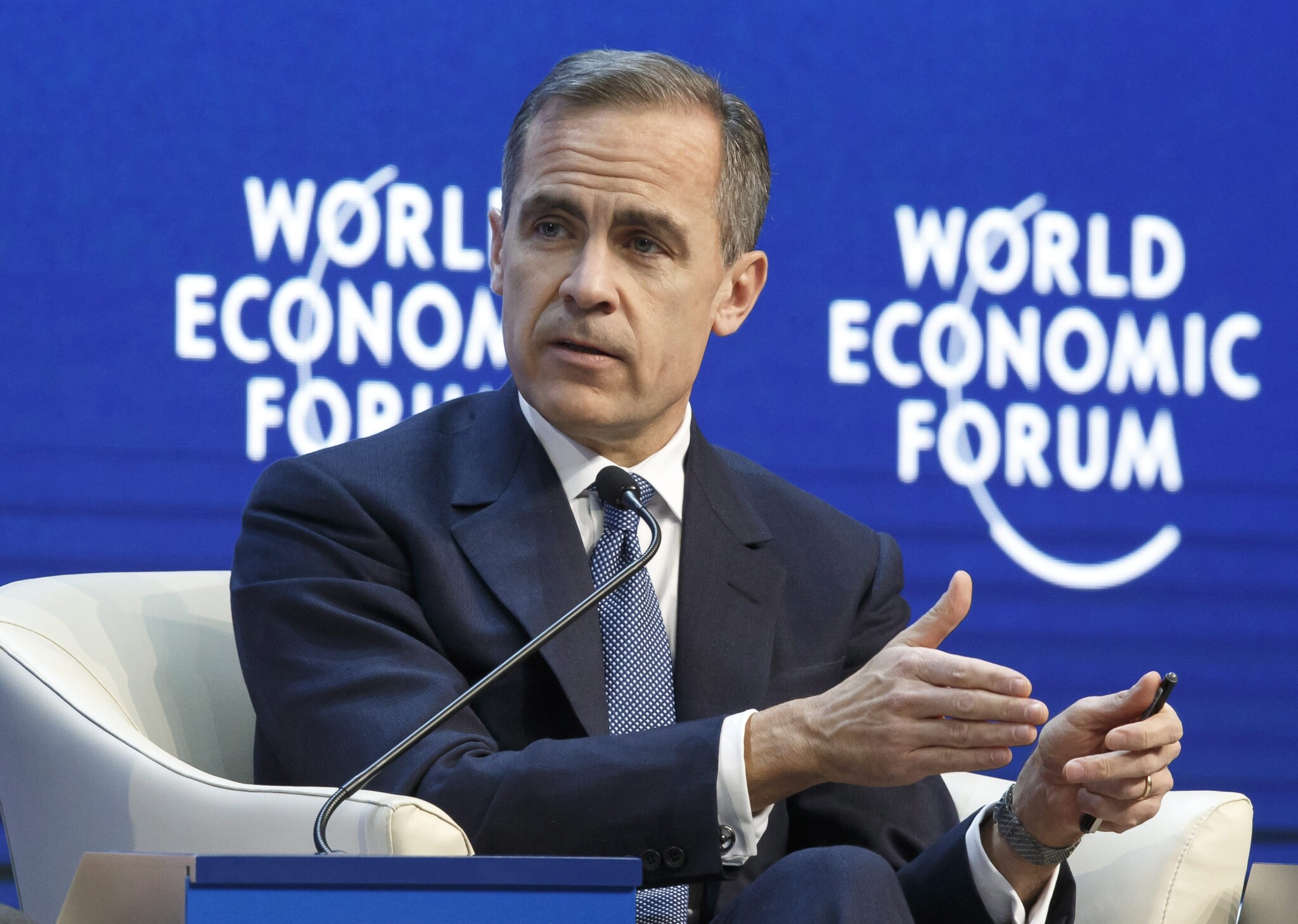
Mark Carney speaks during the panel “The Global Economic Outlook” at the World Economic Forum in Davos, Switzerland, Jan. 24, 2015. Michel Euler/AP Photo.
One may thus be tempted to compare Value(s) with Michael Ignatieff’s True Patriot Love, written to convince a skeptical public that he did, in fact, come back for you. But that would be unfair to Count Ignatieff, who at least bothered to write an entire book about Canada, even if, as a reviewer put it, the book’s subtitle should really have been “Four Generations in Search of a Reason to Be Canadian.” Ignatieff’s high-flung patriotic sentiments are probably quite genuine, even if he fled the country’s provincial mediocrity after he lost the 2011 election.
Lest I be misunderstood, I am not claiming that Mr. Carney does not like Canada, even if his ideas about the country, as his ad with Mike Myers has shown, are frozen in the sepia of the 1990s, a not uncommon risk with long-term expatriates (as one myself, I am fully aware of the risk). Nor am I saying that he is less Canadian because he has chosen—like many well-educated Canadians—to spend much of his professional career abroad, where the rewards are greater and life is, to be frank, more interesting.
From Mr. Carney’s point of view as a time-starved author, this must have seemed like a perfectly rational decision: Canada is a small publishing market, and he wanted a book that could be read in London, New York, and Davos—books about Canada seldom are. Most readers, moreover, would not buy two different editions and thus notice the differences (I was interested to see, however, that the British Kindle edition now has an updated subtitle—“The bestselling book from Canada’s next prime minister on how to fix our politics, economics and values: Building a Better World for All.” Being the leader of the least important G7 country still has benefits for authors.)
But it is telling that, even with his long-standing prime ministerial ambitions, he could not be bothered to write an entire puff book about Canada in order to establish his homegrown credentials, preferring instead to insert a few loose remarks about his country here and there in his book’s last chapter. We do not expect our politicians’ books to be sincere; but we should at least be able to expect that they put some effort into their attempts at brand-building. As things stand, the book has as much to say about Canada’s future as it does about Ireland’s.
As to the rest of the book, political opposition researchers have already scoured it for material to be used against its author. Yes, he praises carbon pricing and, yes, he thinks that much of the oil still in the ground should remain there, even if he has done a complete volte-face about the former, and yes, he likes Greta Thunberg, so much so that he quotes from one of her angry speeches. But none of these things should come as a surprise, for he has been saying these things in public for many years already.
Otherwise, this is a typical entry in that well-known genre, the Third Way “ideas book” about capitalism—why it’s sometimes good, sometimes bad, and if only we fix its problems, the world would be a better place. The sort of thing a UBS banker can pretend to have read at a conference about green energy. Some parts—notably the introduction—are written in vigorous, good prose; others (the section about cryptocurrencies in particular) are barely literate. Again, one suspects that this had something to do with the multiplicity of writers that seem to have been involved.
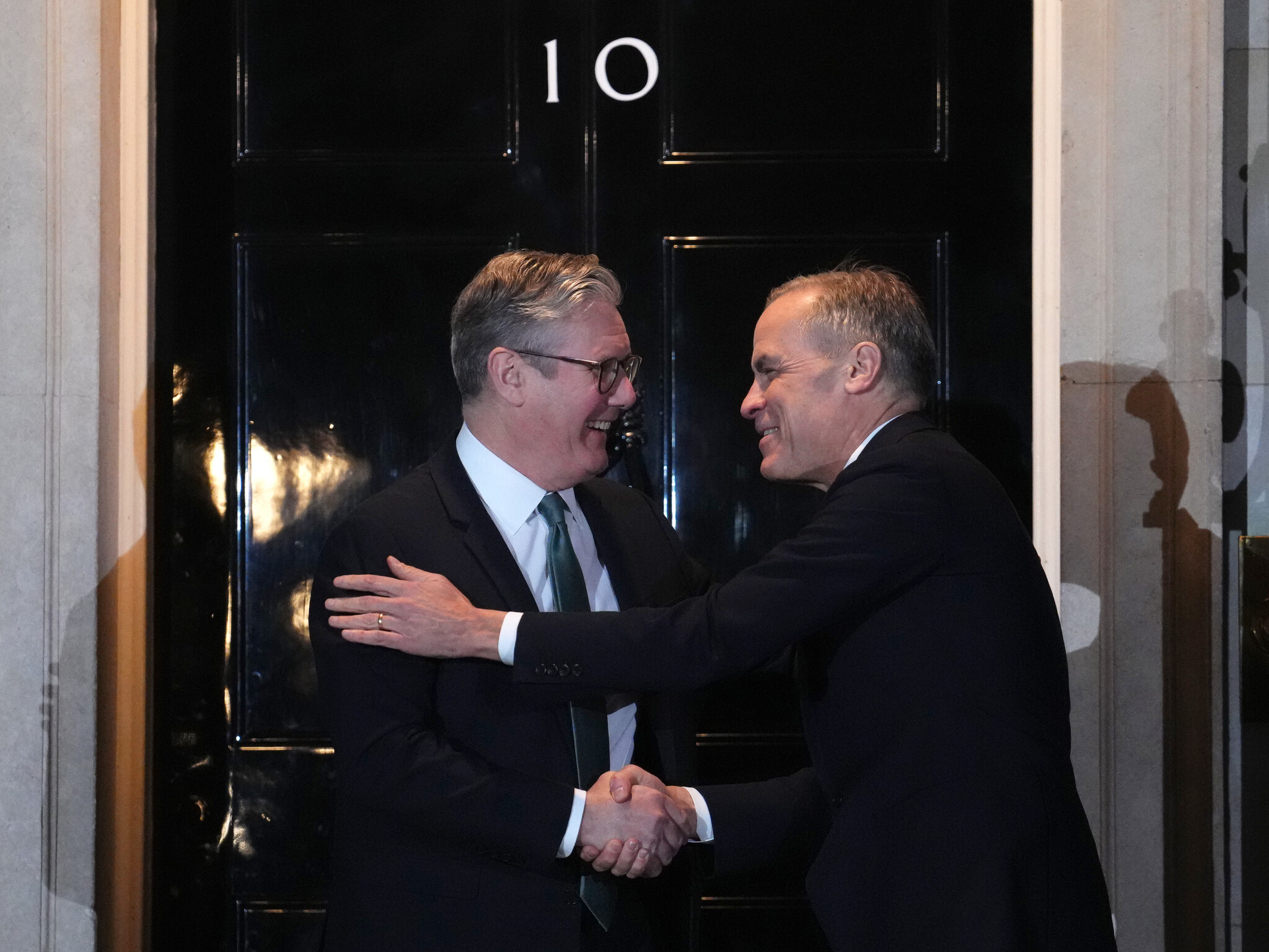
Prime Minister Mark Carney is greeted by British Prime Minister Keir Starmer as he arrives in London, March 17, 2025. Sean Kilpatrick/The Canadian Press.
Value(s) is never sure about the audience it is addressing. Parts of it read like an introductory textbook in economics, others like a central bank task force report (the use of bullet points instead of paragraphs is especially jarring), and yet others a sort of memoir about the author’s exciting, high-flying life. I was especially charmed by the chapter about leadership, in which he “will assume readers are not leading by either divine right or autocratic fiat,” a slightly useless admonition for those of us who are not heirs to even a small kingdom or one-party state.
The one insight into Mr. Carney’s personality comes from the autobiographical parts of the book. He clearly enjoyed holding high office, and he begins with a loving description of his old workplace, being greeted by “pink-jacketed stewards, walk by portraits of my predecessors and step into the office of the Governor of the Bank of England.” He enjoys being invited to the millennium celebrations of Magna Carta; he liked meeting “the Grand Sheikh of Al Azhar mosque, Bono, Emmanuel Macron” (not prefaced by “three men walk into a bar…”).
What sort of prime minister will Mr. Carney turn out to be? Having slogged through Value(s), I still don’t know. All I can say is that he is a man who is not likely to wear novelty socks at the next G20 meeting, if he makes it that far. At heart, he is the technocrat’s technocrat, as both his fans and critics present him. Whether Canadians are willing to jump into the unknown with Mr. Carney’s values remains the fundamental question of the campaign.
